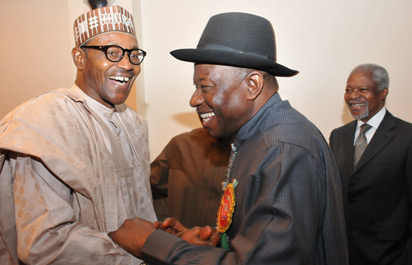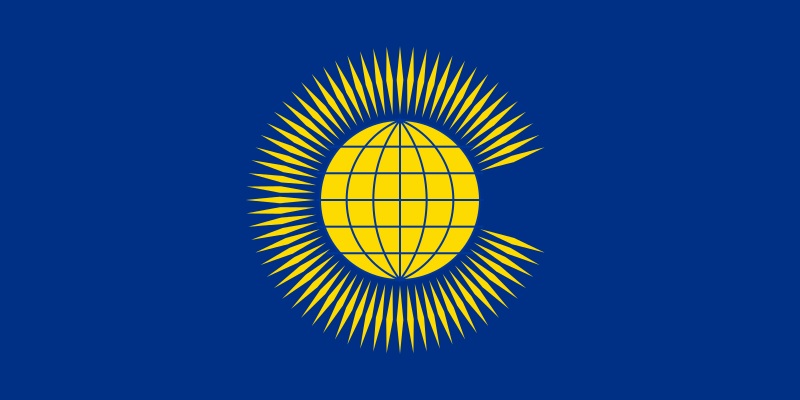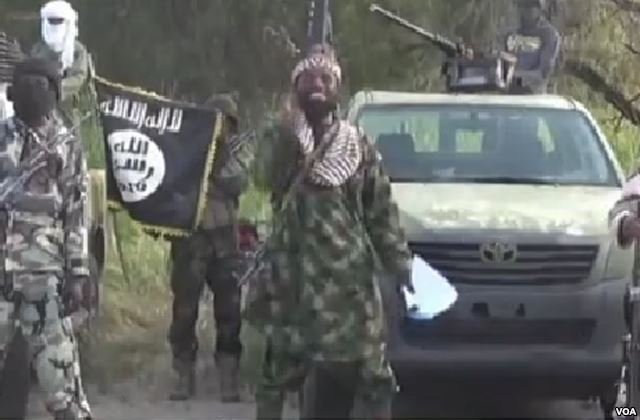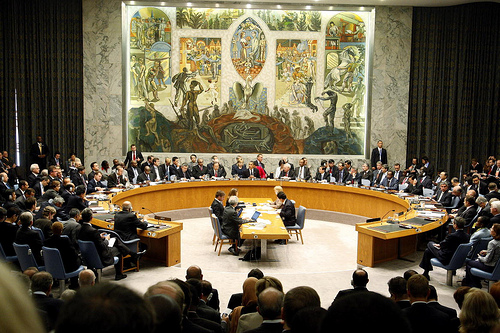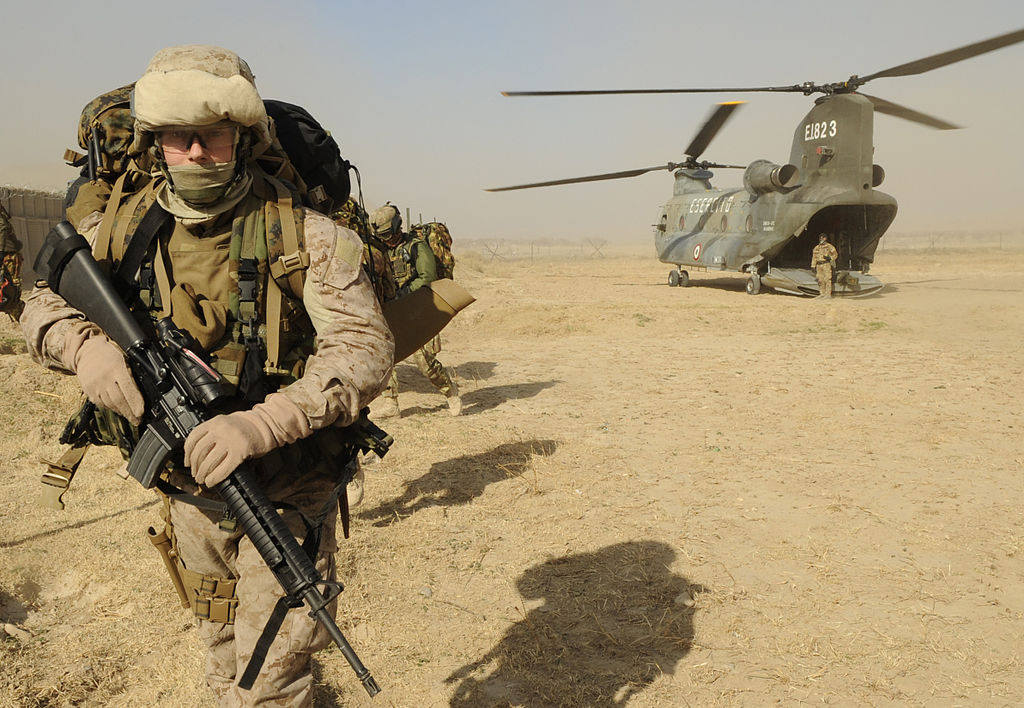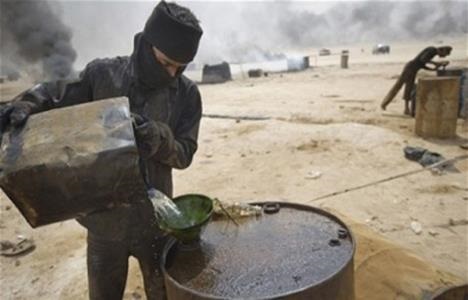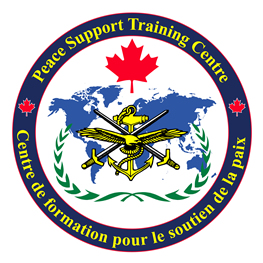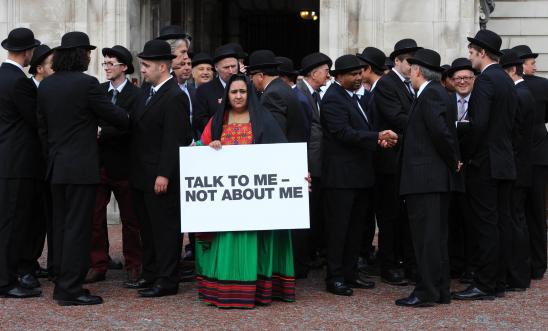Jenny Yang discusses the CSE’s bulk collection of data and explores notions of the collaboration of big data analytics and national defense policy.
Peace & Security
Nigeria Postpones Democracy for Six Weeks… Hopefully
Malcolm discusses the significance of the postponed elections in Nigeria and the importance this has on fighting Boko Haram.
Nigerians Set to Hit the Polls, Amidst Growing Violence Part II: The Candidates’ Profiles
In Part two of a two-part series on Nigeria’s upcoming elections, Kabir profiles Goodluck Jonathan and Muhammadu Buhari, the leading presidential candidates.
The Commonwealth: From Mere Association to Strategic Unification
In his latest article, Brian suggests ways in which the Commonwealth’s security could be expanded. The results could foster closer diplomatic ties and ensure long-term viability of the organization.
Nigerians Set to Hit the Polls, Amidst Growing Violence Part I: The Political Climate in Nigeria
In part one of a two-part series on Nigeria’s upcoming elections, Kabir explores the threat posed by Boko Haram to national stability, and the Nigerian and African Union responses therein.
Women and Security in the United Nations: Part I
Zaid Al-Nassir explores the history of UNSC resolution 1325 on Women in Security, and examines the Security Council’s implementation of the agenda thus far.
Militarized Masculinity and Gendered Security: War and Peace From a Feminist Perspective I
Saman Rejali explores how gendered notions of war impact the exclusion of raped victim’s experiences during “peace” time.
Plummeting Oil Prices and Terrorism: Unsurprising Bedfellows.
In his latest article, Daniel Woodburn examines how the recent dip in global oil prices works in the favour of Boko Haram and ISIS.
Neglecting NATO’s Knowledge Dynamic
Even as ‘smart defence’ has become a defining concept of NATO, the Alliance’s know-how and research – a kind of ‘knowledge dynamic’ – is being neglected. Paul Pryce discusses how Canada can fix that.
The Battle over Women’s Rights in Afghanistan
Saman Rejali argues that while women’s rights served as a legitimizing force for the war in Afghanistan, Afghan women continue to be left out of the post-war decision-making processes affecting their lives.



